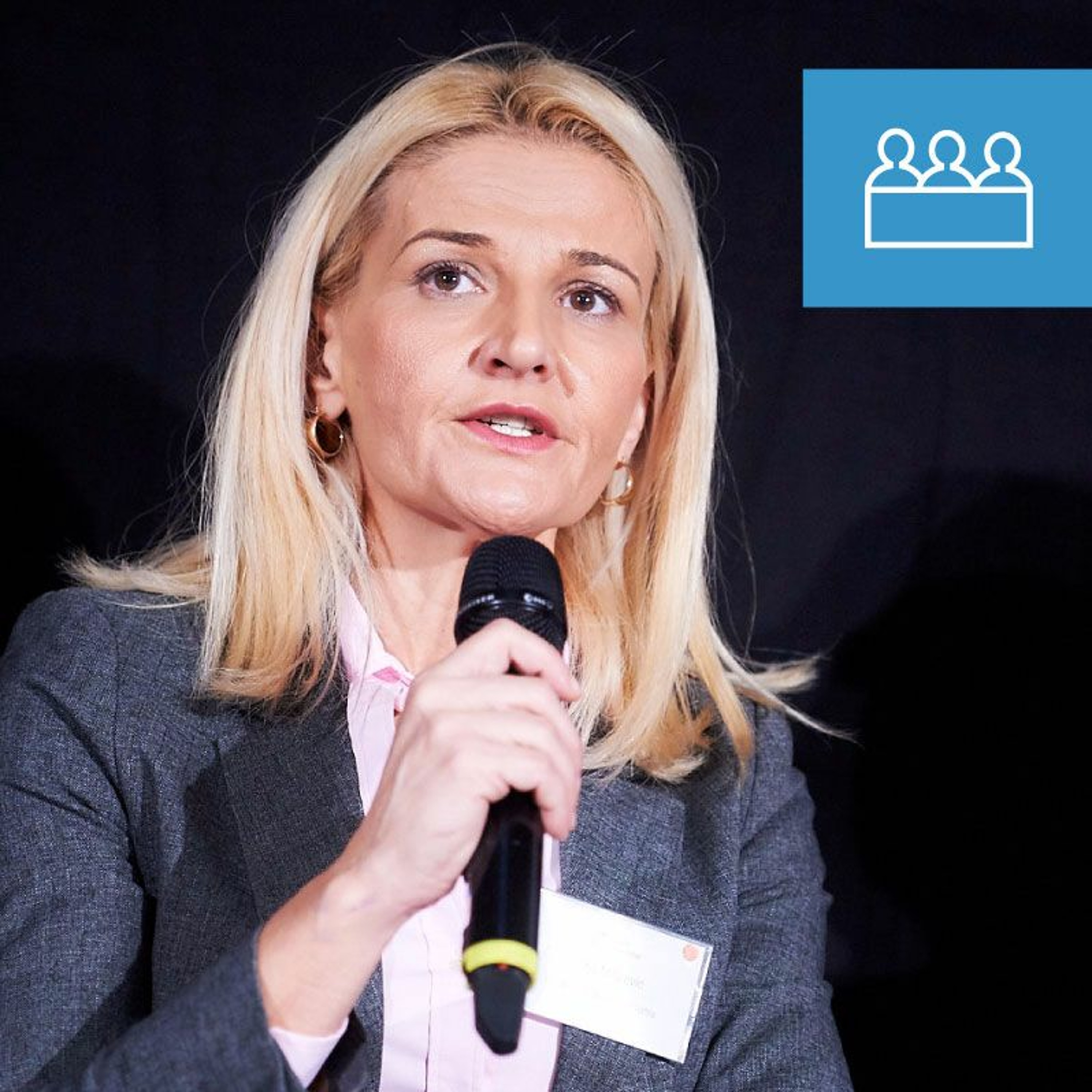BALKANS Boosting connections on the road to the EU SESSION I

The EU has pledged to continue membership negotiations with countries in the Western Balkans. But the region faces many challenges, including lack of progress in restructuring the economic model to ensure that all countries are functioning market economies driven by export and investments rather than import and consumption. Improving connectivity in the Western Balkans is also a key factor, not only in boosting economic growth and fostering job opportunities for youth but also in forging better neighbourly relations with the EU, despite the perils of radicalisation. Is the long road to membership a vision or a reality?\n\nWith some of the Balkans\u2019 top politicians and decision-makers in attendance, we debated ways of further re-energising the region\u2019s myriad connections with the EU at a 'European Policy Summit' event on 7 December 2016 in Brussels.\n\nSESSION I - EU membership: the long road from vision to reality\nEuropean Union leaders have pledged to continue membership negotiations with countries in the Western Balkans despite Brexit, saying their commitment to EU expansion remains as strong as ever. Speaking at the Balkans conference held in Paris in July, Federica Mogherini, the EU High Representative for Foreign and Security Policy, insisted the EU would continue to nourish \u201cEuro-enthusiasm\u201d in the region and said EU integration of the Balkans was important for peace and stability both in the region and in the EU. Meanwhile, Johannes Hahn, Commissioner for European Neighbourhood Policy & Enlargement Negotiations, has warned that one of the biggest challenges in preparing the Western Balkans for EU membership is restructuring the economic model to ensure that all countries are functioning market economies driven by export and investments rather than import and consumption.\n\nGiven the hard work that lies ahead on Brexit and waning public appetite for further EU enlargement, are European leaders being overly optimistic in promising that membership negotiations with the Western Balkan states will remain on track?\nWhat are the key sectors where progress has been made and which questions pose the biggest challenge in the EU membership negotiations?\nTo what extent are Russia, China and Turkey competing with the EU\u2019s presence and influence in the region?\nDitmir Bushati, Minister of Foreign Affairs, Albania\n\nGordon Duguid, Senior Adviser for South Central Europe, U.S. State Department\n\nStefan F\xfcle, Special Envoy for the OSCE and Western Balkans at the Czech Ministry of Foreign Affairs; European Commissioner for Enlargement and Neighborhood Policy (2010-2014) and Trustee of Friends of Europe\n\nTanja Mi\u0161\u010devi\u010d, Chief Negotiator for Serbia\u2019s Accession to the European Union\n\nHelga Schmid, Secretary General of the European External Action Service (EEAS)\n\nGoran Svilanovi\u0107, Secretary General of the Regional Cooperation Council (RCC)